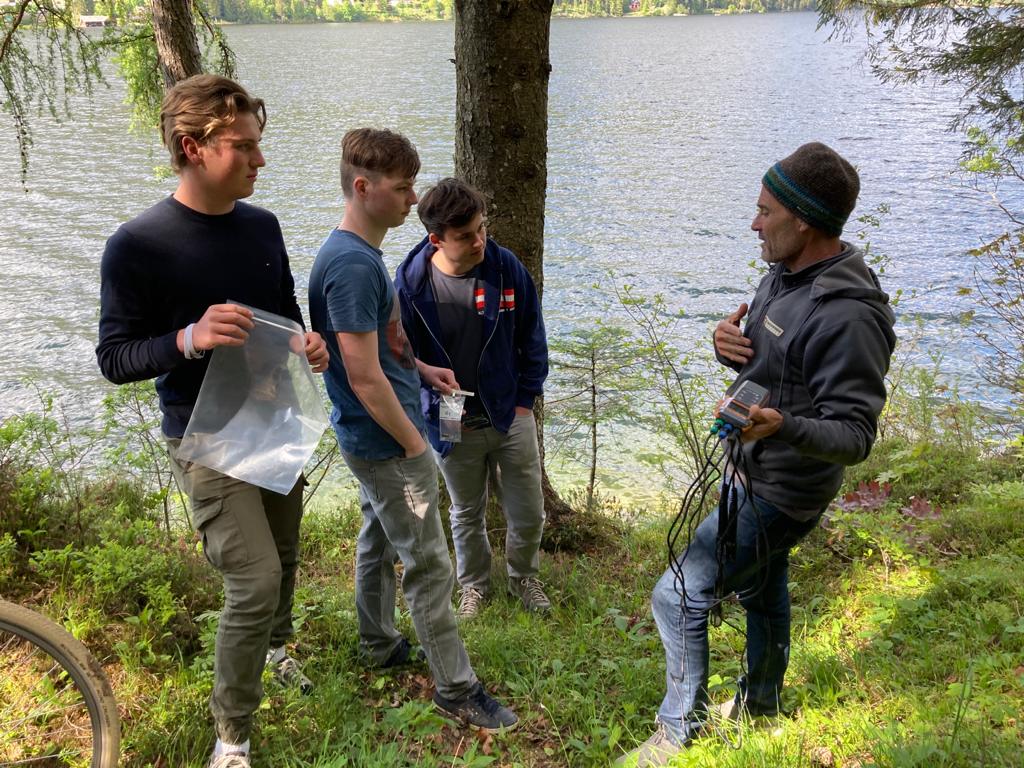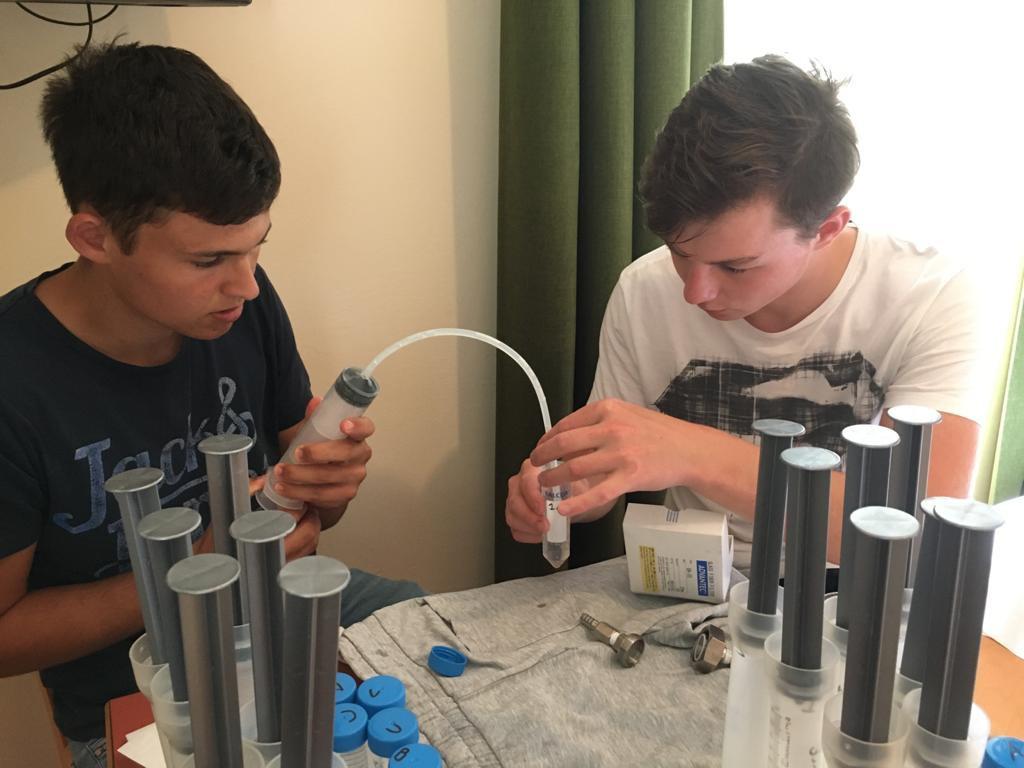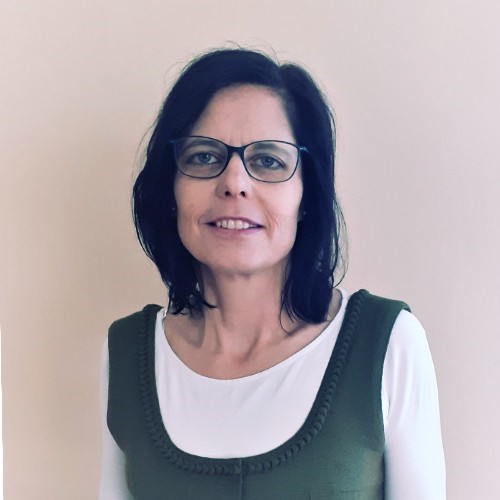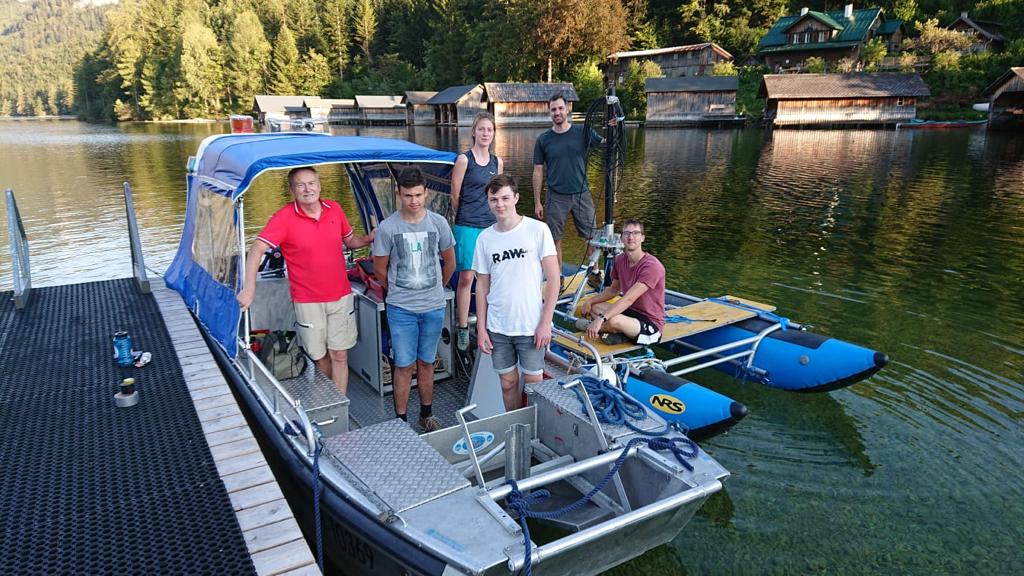Since autumn 2020, the students Erich Deu, Matthias Hainzl and Manuel Schrempf have been working with the University of Natural Resources and Life Sciences Vienna, the University of Innsbruck, the University of Bern and the Scripps Institute for Oceanography in California/USA. They are researching the presence and quantitative distribution of microplastic particles in mountain lakes using Lake Altaussee as an example.

Main topics
The three main topics of the FFG Talent Internships include:
- the entry of microplastics into mountain lakes through transport flows and human influences,
- the impact of microplastics on the food chain of Alpine waters and
- the waste analysis of Alpine waters.
Microplastic inputs into the sea have already been documented, but there is a lack of data from inland waters, especially in the Alpine region. The focus of the investigations is on examining the sources of input (e.g. transport through atmospheric and river currents) of microplastic particles in water and sediment and their distribution in nature. This should also provide information about the distribution in the food chain
Project background
The “Microplastics in Lake Altausseer Project” had its origins by the “Einstein of the Oceans”, Walter Munk, in collaboration with the Scripps Institute for Oceanography, which US researchers in Austria could not carry out due to Corona.
The students Erich Deu, Matthias Hainzl and Manuel Schrempf from the environmental and resource management school branch at the HBLFA Raumberg-Gumpenstein supported the Californian researchers in autumn 2020 and carried out the investigations for them. The water samples for the microplastic analysis were taken in Lake Altausseer, its tributaries, in the bank edge area and in the sediment. The samples were prepared using water collectors (Falcon amphioles, tubes, Petri dishes, etc.) and glass filter paper. The individual filter plates were dried in Petri dishes, placed in uncoated paper and packed in aluminum foil. The particles on the filter are quantified using FTIR spectroscopy.

Research results
The students will use the research results in their diploma thesis, which they will complete in spring 2022. Before that, they will meet with the research team on site in California, discuss their investigations, exchange findings and work with the team of experts to precisely analyze and document the sources of microplastics and their effects on sensitive mountain ecosystems such as Lake Altaussee.
Further information about the FFG internships
Acquisition department,
E-mail:
team







